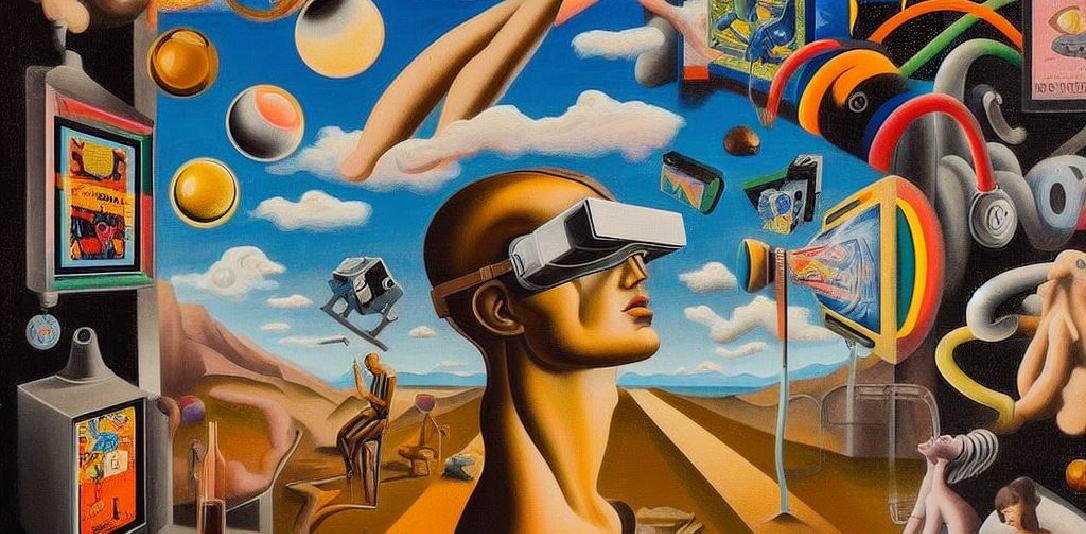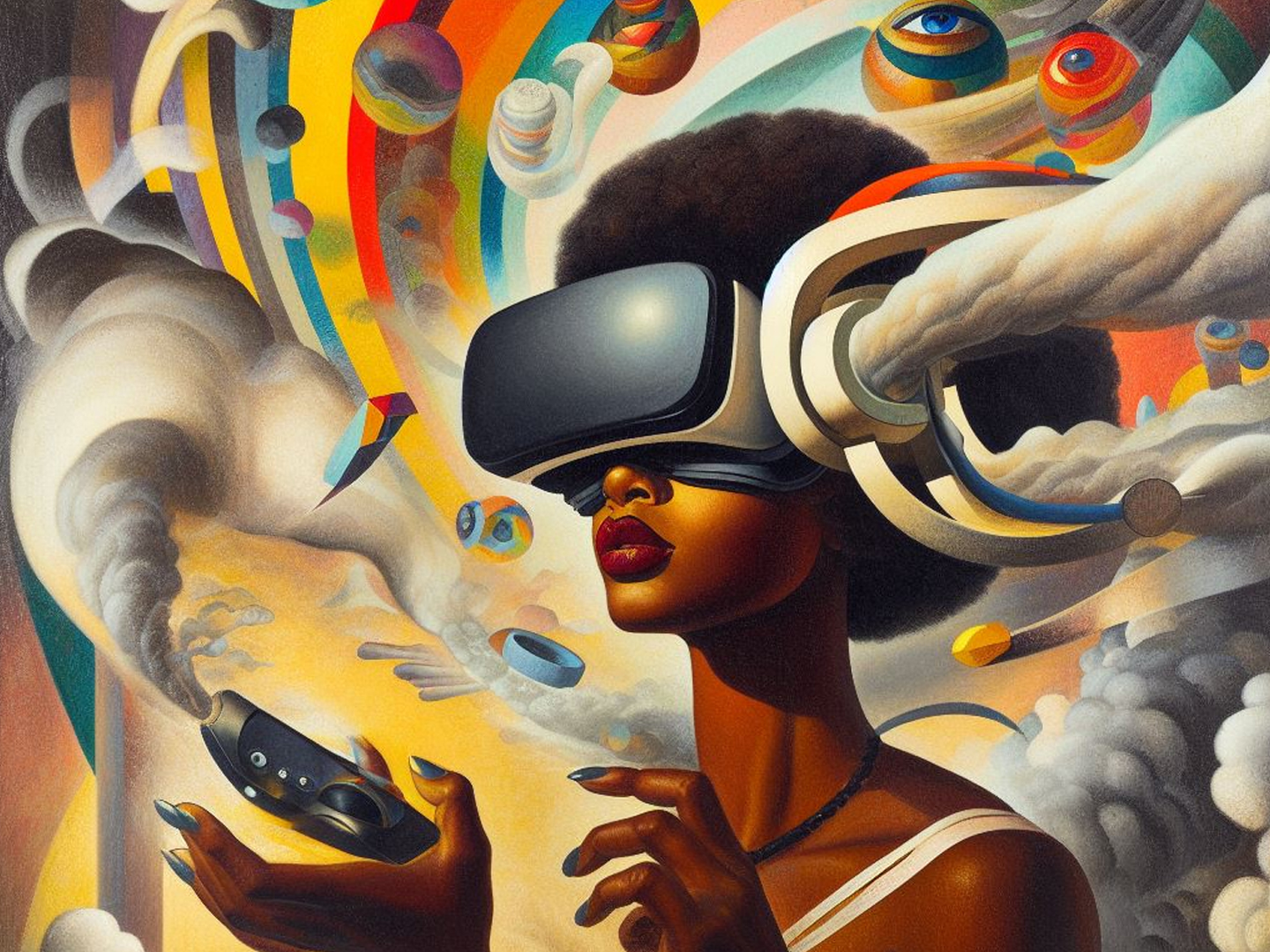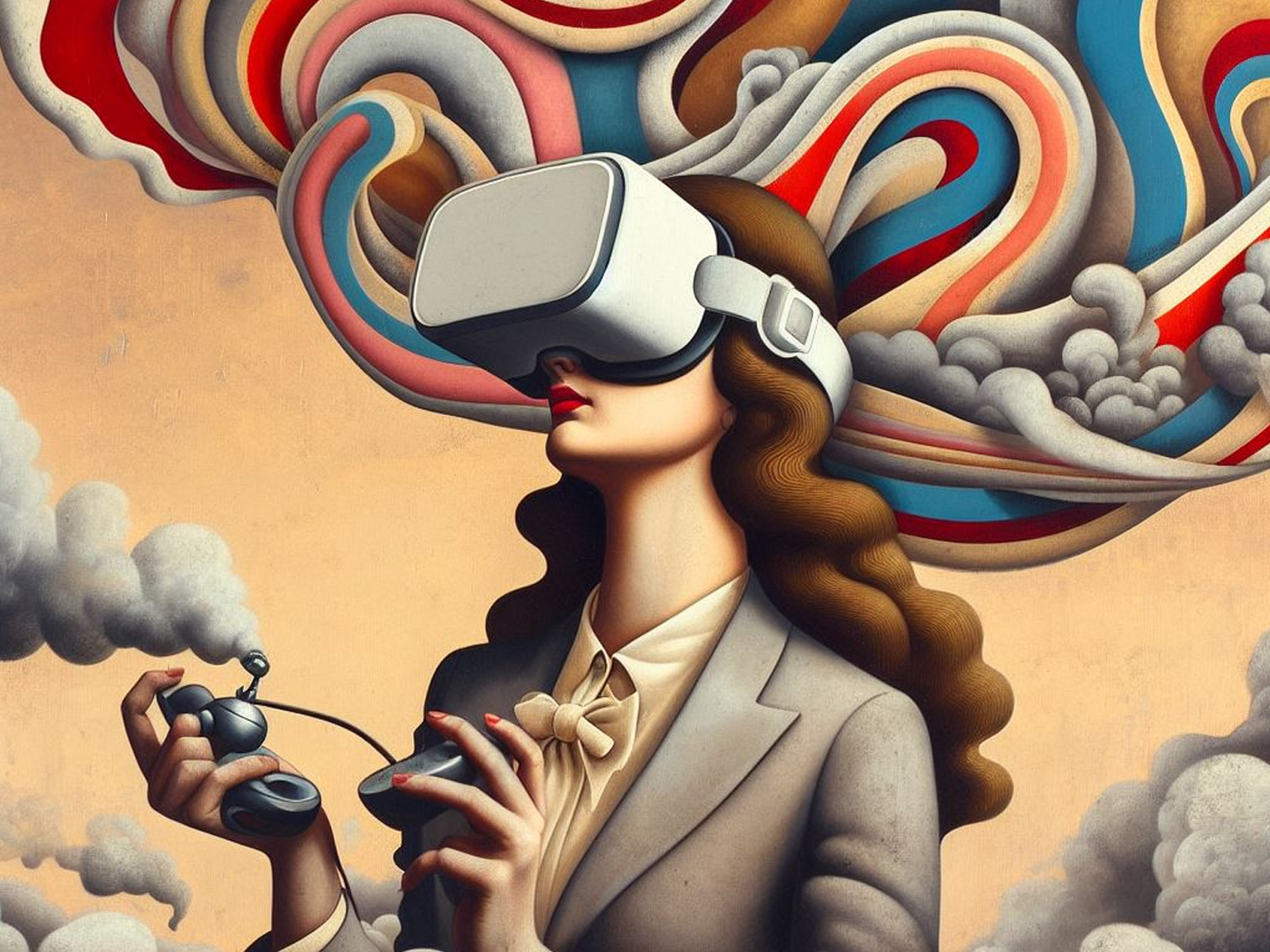XR and Drugs

Extended Reality (XR) is an umbrella term that encompasses all variations of the virtualization of reality, including Virtual Reality (VR), Mixed Reality (MR), and Augmented Reality (AR).
XR uses technology to expand and augment sensory modalities like vision, auditory, and vestibular. This technology is usually applied through means of wearable or implantable devices that virtualize sensory information directly to the sense organs (eyes, ears) or to the brain through a neurological interface.
The virtualization of sensory information isn’t new. For example, headphones provide a stellar virtualization of auditory information to the ears – technology that’s over a hundred years old. Recently, XR has mostly been focused on providing a virtualized visual experience through wearable headsets and eye wear. This virtualization often consists of 3D objects and environments which create a sense of presence and can generally be interacted with by the wearer. Sometimes this virtualization encompasses the entire visual field, as is the case with VR. However virtualized objects can also be partially placed in a person’s visual field, serving as another “layer” of reality, like AR.
We use the power of XR to facilitate drug research that cannot be replicated within ‘base reality.’ By creating and augmenting sensory environments, we are able to collect data on the effects of drugs on human behavior, memory, decision-making, along with the neurological states that accompany these effects.

- We conducted a double-blind, placebo-controlled trial to examine acute and delayed effects of MDMA (75 mg) on false memory in 60 healthy volunteers with a history of MDMA use, using three well-established false memory methods: a basic, associative word list (Deese/Roediger-McDermott (DRM)) paradigm and two applied misinformation tasks using a virtual reality crime.

